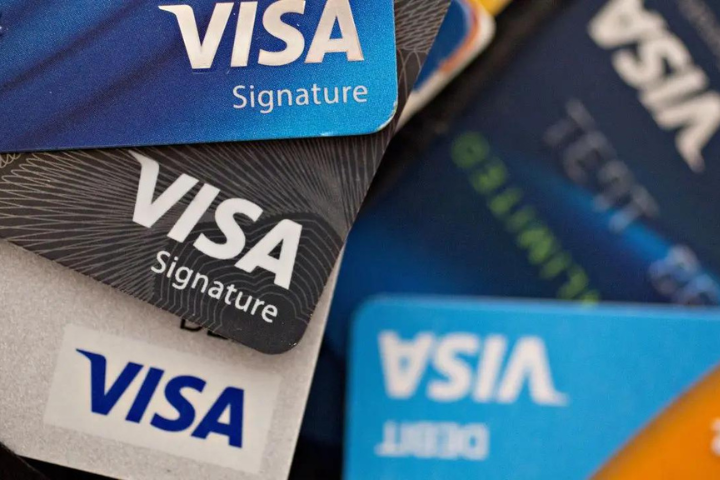The U.S. Department of Justice (DOJ) has filed an antitrust lawsuit against Visa, accusing the global payment network of maintaining an illegal monopoly over debit payments. The suit, filed in a New York court, alleges that Visa has imposed exclusionary agreements on partners, preventing competition and inflating fees, which has resulted in higher prices for consumers across the country.
Visa’s Response and Market Dominance
Visa, which controls more than 60% of debit transactions in the U.S., has pushed back against the DOJ’s claims, calling the lawsuit “meritless.”
Julie Rottenberg, Visa’s general counsel, emphasised that the payments space has grown more competitive over the years with the rise of digital wallets and new payment methods.
She stated, “Today’s lawsuit ignores the reality that Visa is just one of many competitors in a debit space that is growing.”
Despite Visa’s response, the DOJ complaint details how Visa maintains its dominance by penalising merchants and banks that choose to route transactions through competing networks.
The DOJ argues that these practices prevent fair competition and block innovative solutions that could challenge Visa’s stronghold on the market.
According to Attorney General Merrick Garland, Visa’s conduct has led to billions of dollars in additional fees for American consumers and merchants.
“We allege that Visa has unlawfully amassed the power to extract fees that far exceed what it could charge in a competitive market,” Garland said.
These fees are often passed down to consumers through higher prices or reduced service quality, effectively impacting the cost of nearly everything purchased in the U.S.
Impact on Innovation and Consumers
The DOJ further claims that Visa stifles innovation by paying potential competitors, such as PayPal and Apple, to avoid launching payment solutions that could rival Visa’s debit rails.
These agreements, according to the complaint, allow Visa to suppress competition and innovation, harming consumers in the long run.
The DOJ seeks to end Visa’s anti-competitive practices, including fee structures that discourage new entrants from competing in the debit payments space.
This move is part of a broader push by regulators in the Biden administration to address monopolistic behaviour across various industries.




GIPHY App Key not set. Please check settings